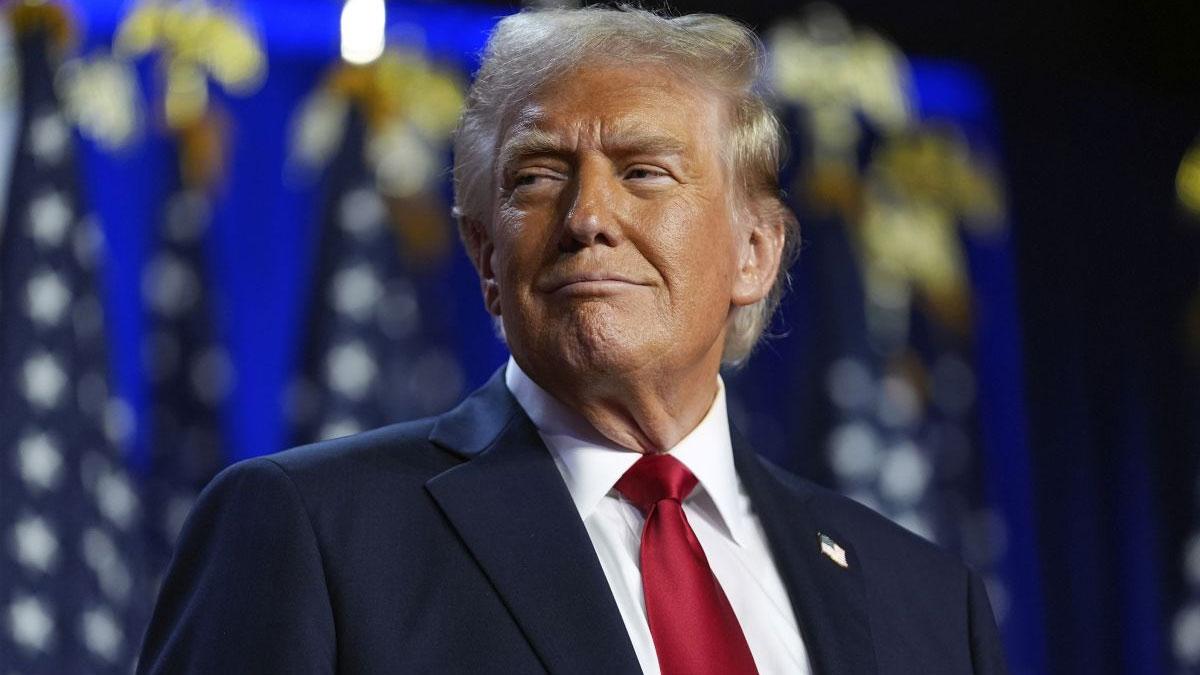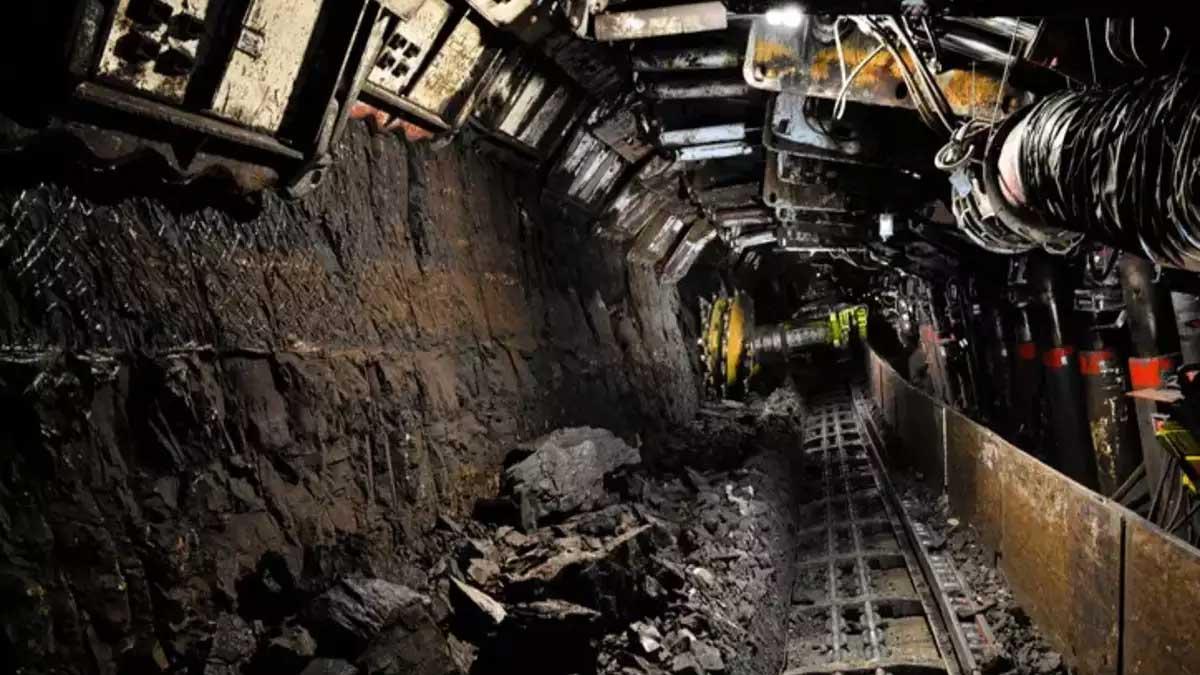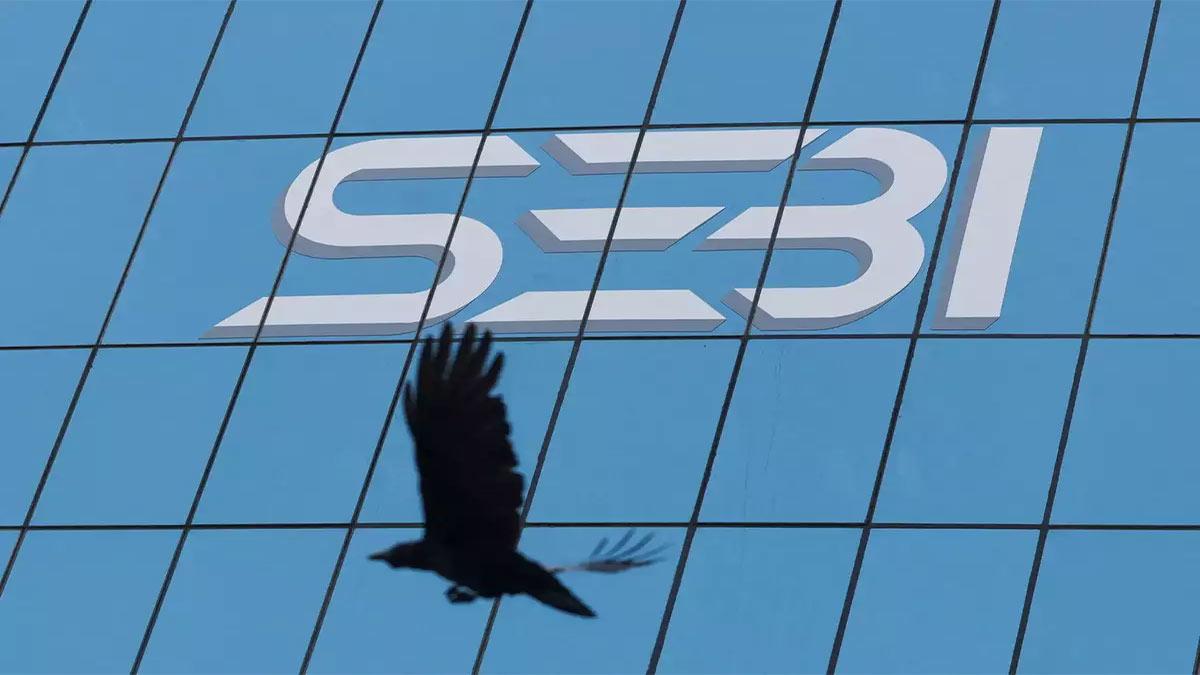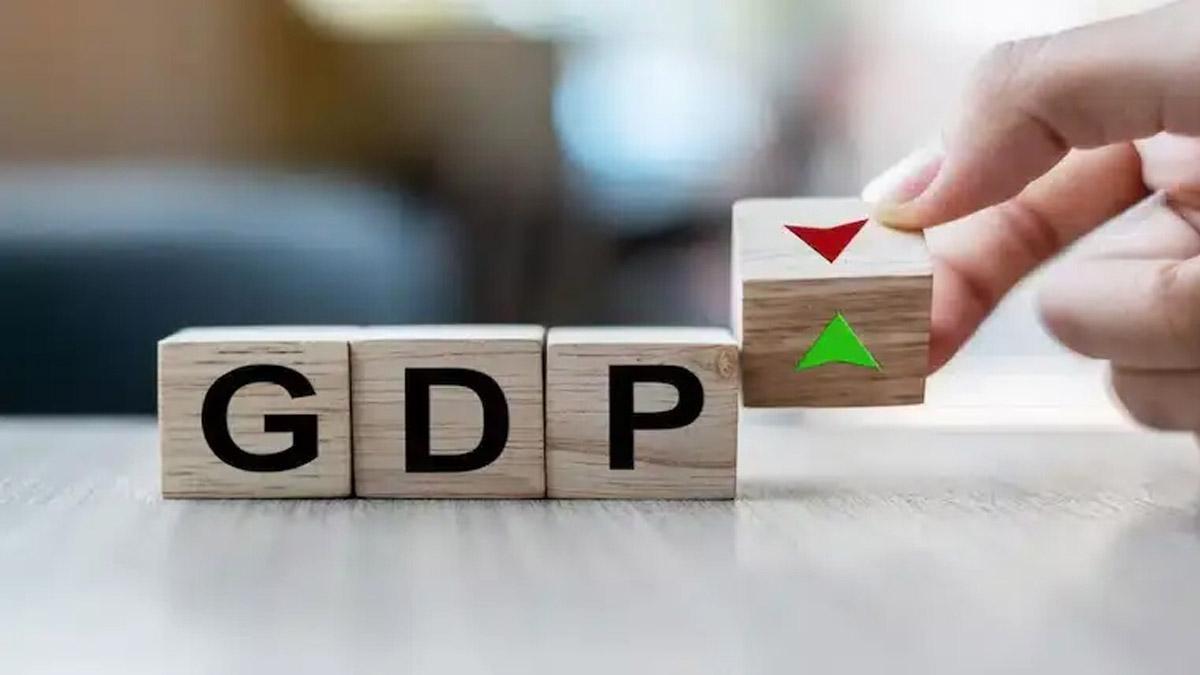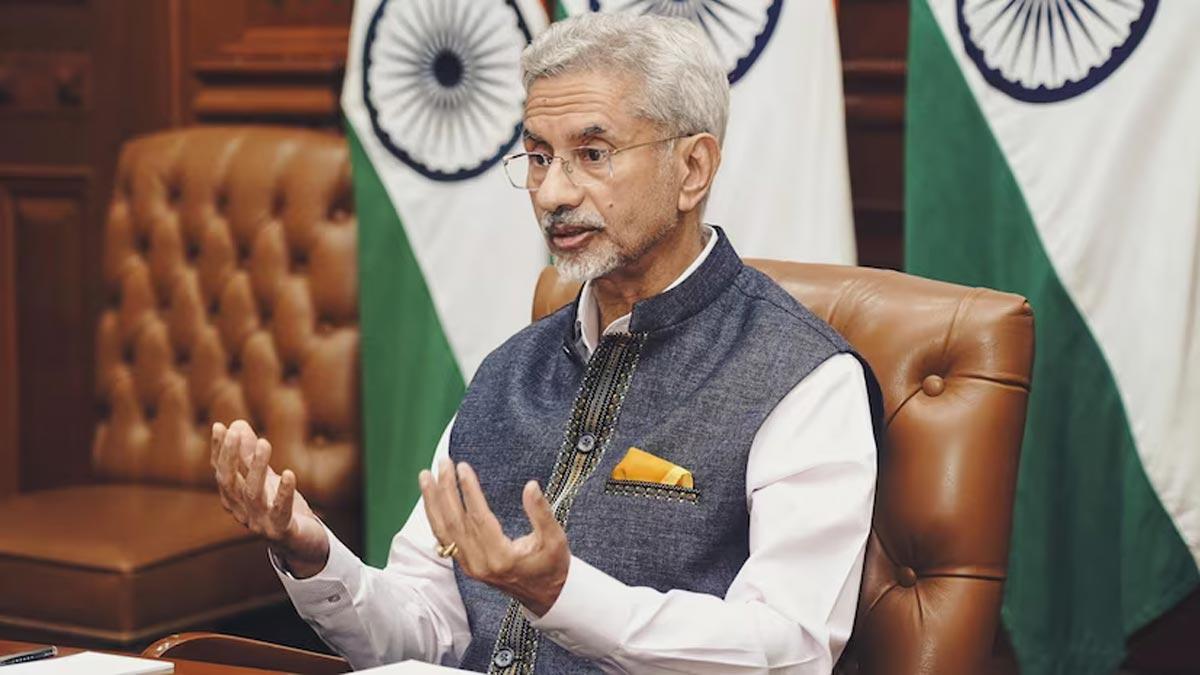US President Donald Trump was optimistic about resuming trade talks with India, indicating that negotiations were "coming along great" and he was hopeful a deal would be signed. But he refused to provide a timeline for signing the deal, stating, "I think we'll have a deal with India. they want to make a deal."
This move is in the context of broader international trade tensions, following the recent US hike in tariffs on its trading partners. The US has responded with tit-for-tat tariffs on nearly all countries, including a substantial reduction on tariffs on Indian imports from 26% to 10% for 90 days. However, Chinese exports to the US remain heavily taxed at a 145% tariff.
Treasury Secretary Scott Bessent, who has overseen the undertaking of negotiations, said that India may be one of the first countries for which the US signs a trade agreement following the tariff-related global disruption in trade. A deal could be concluded as soon as this week or the next one, said Bessent.
India has also been at the forefront to obtain a trade deal, refraining from retaliating against US tariffs such as China has done. India has instead opted to focus on attempting to negotiate an agreement since that will best serve in the interest of resolving trade deficits and bettering terms. Though the terms of the potential agreement remain hazy, it is likely that the US would demand steep reductions in the tariffs levied on foreign cars, which has been the prime demand in the first place.
Overall, although the deal is still to occur, both nations are seemingly attempting to achieve an understanding which would form a significant juncture point in the business relations between India and the US.
Read also| India Among First in Line for Trade Deal, Says US Treasury Secretary

